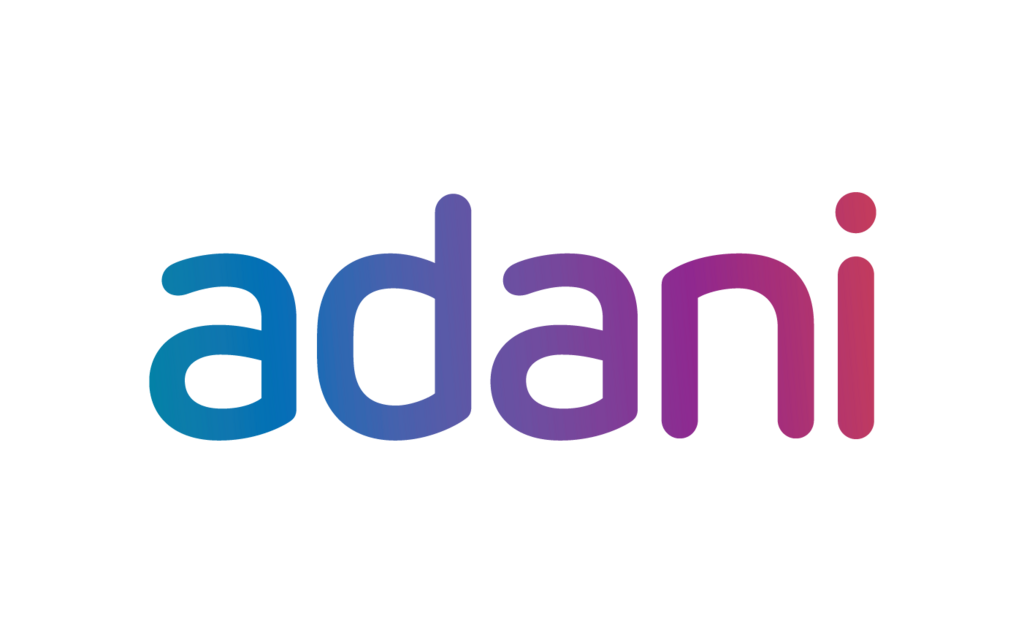Court Backs Adani in Defamation Suit, Orders Removal of False Content
The complaint also noted that defendants often referenced the controversial Hindenburg report of 2023, which alleged stock manipulation and over-leveraging.

A district court in Delhi has granted interim relief to the Adani Group, ordering the removal of defamatory material from websites and social media platforms in a case that underscores both the risks of unchecked digital misinformation and the balance courts must strike between free expression and reputational rights.
The court’s order, issued on 6 Sep, comes in response to AEL’s suit against journalist Paranjoy Guha Thakurta, several co-authors, and foreign-linked organisations that operate websites repeatedly publishing allegations of corruption, political patronage and cronyism.
Adani argued the publications were “agenda-driven,” intended to malign the Group globally, and had harmed investors, delayed projects and undermined confidence in India’s economy.
Judge Anuj Kumar Singh sided with Adani on the central question of interim relief, finding that the company had shown a prima facie case and that “irreparable injury” would be caused if the defamatory narratives continued circulating.
Adani Enterprises, the flagship company of the heavily diversified Adani Group, employs more than 27,000 people. The Adani Group is involved in ports, power, renewables and logistics. It operates the Haifa Port in Israel, mines in Australia and infrastructure projects across Asia and Africa. The plaint emphasised that Adani’s $15 billion in revenues and its role in securing India’s energy and infrastructure needs make its reputation not just a corporate concern but a matter of national interest.
The company pointed to three websites — paranjoy.in, adaniwatch.org, and adanifiles.com.au — that it said existed “solely to defame” the Group and its founder Gautam Adani. Content from these sites was amplified through social media, reaching global audiences and, in Adani’s telling, causing tangible harm: panic in markets, billions in investor value wiped out, and delays in project execution.
The complaint also noted that defendants often referenced the controversial Hindenburg report of 2023, which alleged stock manipulation and over-leveraging. Adani has consistently rejected those claims, and the company stressed in court that it had faced regulatory scrutiny but emerged clean, having rebuilt market confidence through transparency and deleveraging. Moreover, Hindenburg Research, the short-seller firm that published the report, has itself shut down its operations.
The order highlights the judiciary’s effort to balance freedom of the press with protection against malicious defamation. While reaffirming that Article 19(1)(a) of India’s Constitution protects free speech, the court noted that this right is not absolute and must coexist with Article 21, which guarantees dignity and reputation.
Drawing on precedents including Subramanian Swamy v. Union of India and Swami Ramdev v. Juggernaut Books, the court observed that reputation is a fundamental right. It warned that “trial by media” and the spread of unsubstantiated allegations online can cause “irreparable, irreversible and incalculable harm.”
Accordingly, the Court directed that:
-
The defendants must remove unverified and prima facie defamatory articles, tweets, and posts within five days.
-
Intermediaries such as website hosts and registrars must disable access within 36 hours of notice, under the IT Rules of 2021.
-
The defendants are restrained from publishing further defamatory statements until the next hearing.
The judge also clarified that fair, accurate and substantiated reporting on investigations or judicial proceedings remains fully permissible.
For Adani, the injunction is a vindication of its stance that falsehoods circulated under the guise of activism and journalism can inflict material harm. By securing legal relief, the Group has not only protected its own reputation but also reinforced the principle that free speech carries responsibilities.
The case also reflects a broader challenge facing democracies: how to manage the speed and reach of digital narratives that can destabilise markets and erode trust in institutions. By placing obligations on intermediaries to act within 36 hours, the order could set a precedent for more proactive enforcement against defamatory content online.
The matter will next be heard on 9 October, when the defendants will have an opportunity to contest the allegations. But for now, Adani has succeeded in persuading the Court that its reputation — built over decades of infrastructure development in India and abroad — warrants protection from unverified attacks.